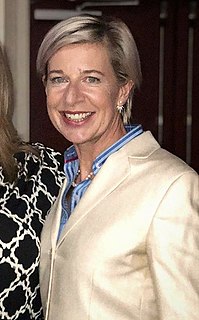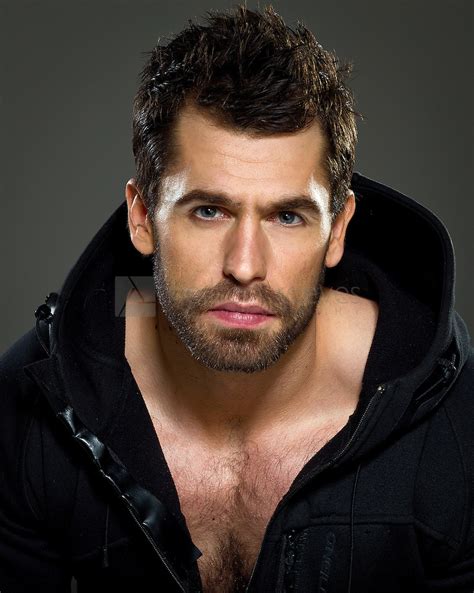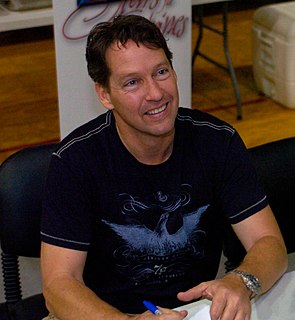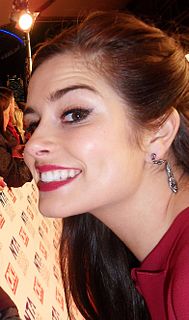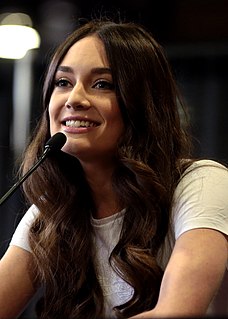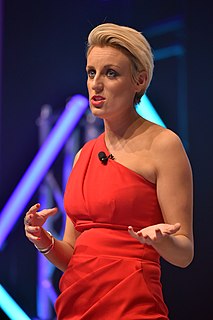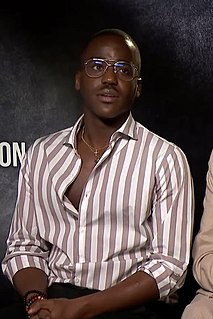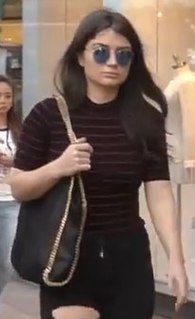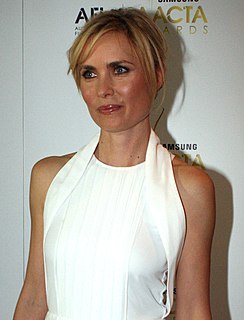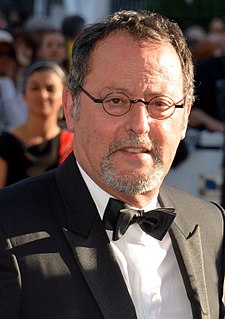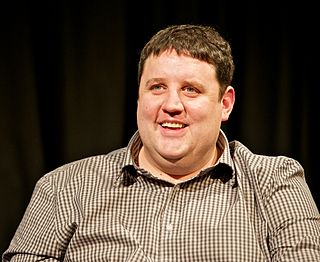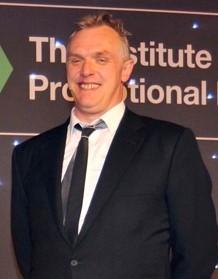A Quote by Katie Hopkins
If I was fat and had a strong regional accent and was a bloke, I'd be a stand-up. Because I think I'm funny.
Related Quotes
I had this very strict rule when I began auditioning that I wasn't gonna do a thicker accent, because it was like, 'I can't tell if it's supposed to be funny because he talks funny.' And now I feel like there are certain characters that I could play that could involve doing a thicker accent, as long as it's specific to that character.
Stand-up is an art but since it's humor and it's funny - a lot of guys that don't think it's art are probably coming from the angle that they don't want to take it so seriously. I've always looked at it as an art but I don't look at it as a pretentious art. I understand it has to be taken lightly because it is just comedy in the end, but the good stand-up comics are someone with something to say.
